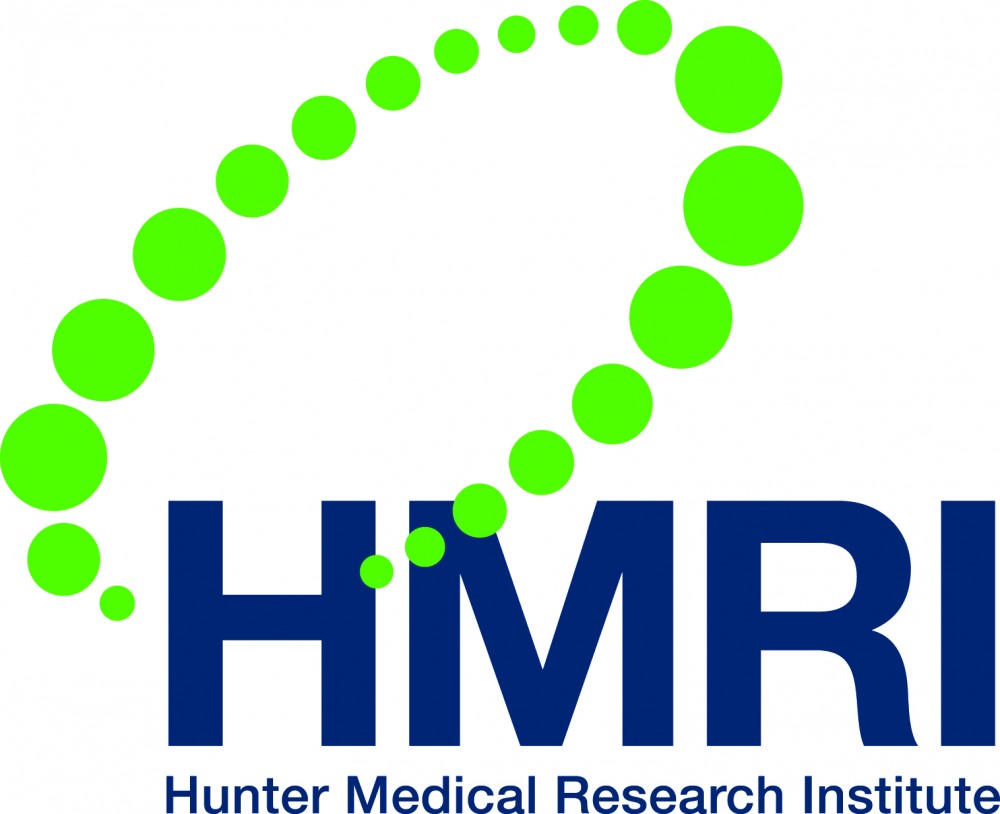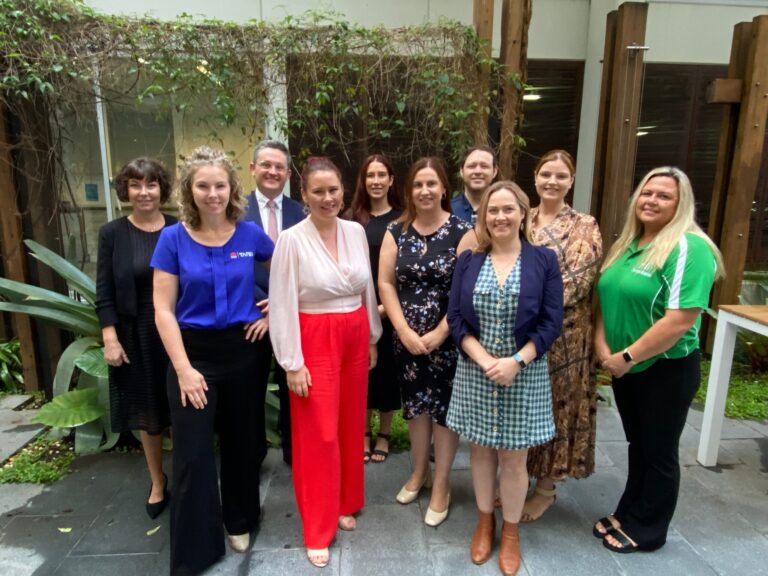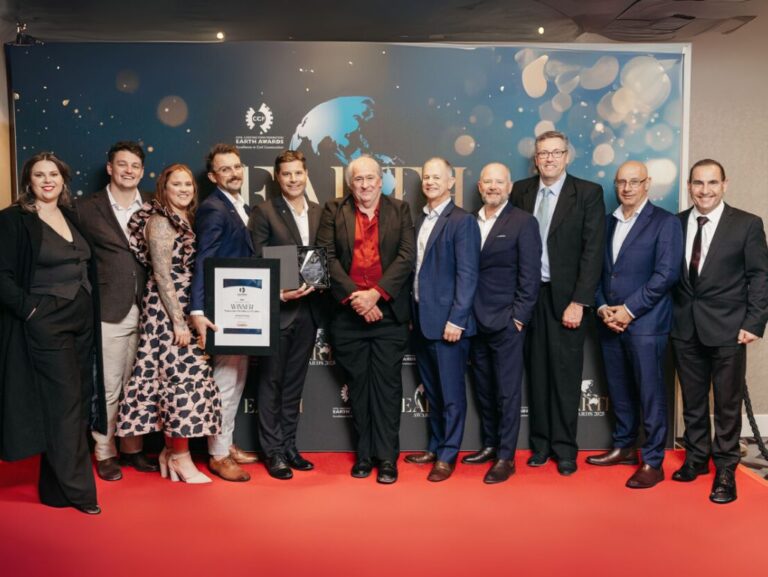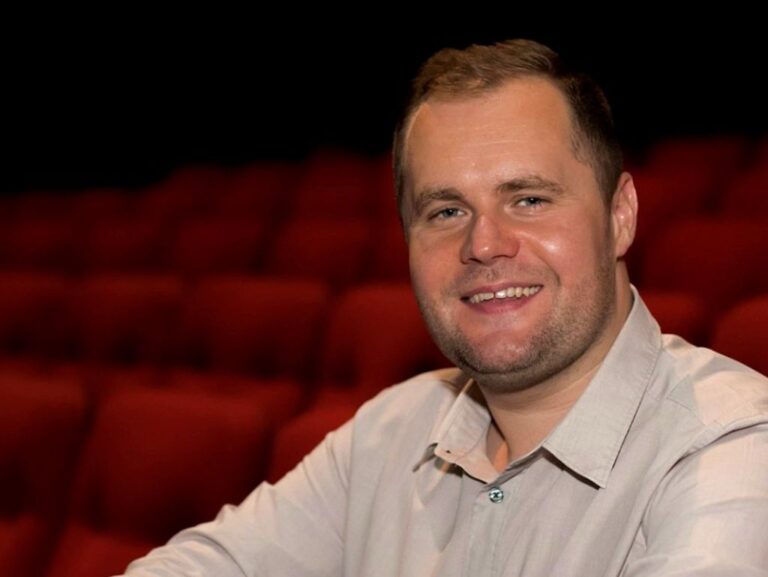The Hunter Medical Research Institute (HMRI) has embarked on an international search for a new institute Director as current leader Professor Michael Nilsson prepares to transition to a role with the University of Newcastle (UON).
Following six successful years at the helm of HMRI, Michael will accept a position as Global Innovation Chair with the newly created Centre for Innovative Technologies in Rehabilitation Settings (CITRS) at the UON in early 2018, in line with the appointment of a replacement director.
A global recruitment firm is undertaking the executive recruitment process.
HMRI Chairman, Kyle Loades said the business has formulated a succession plan and is looking for a leader of the highest calibre, so there is no plan to rush the process.
“The Board found the right person in Michael back in 2011, so we will follow an equally thorough selection process this time,” Kyle said.
“The successful candidate may be drawn from Australia or internationally, with either a clinical or scientific background – above all, we want someone with the strategic leadership qualities, global vision and entrepreneurial skills to take the institute to the next level as HMRI marks its 20th anniversary in 2018.”
With 25 years’ experience in rehabilitation neuroscience research, Michael is a tireless advocate for optimising the healthcare environment. He is a Staff Specialist in Rehabilitation Medicine at Hunter New England Health and became a Fellow of the Australasian Faculty of Rehabilitation Medicine in 2016. He also remains a Conjoint Professor of Neurorehabilitation and Translational Stroke Research at the University of Gothenburg, Honorary Professor of The Florey Institute of Neuroscience and Adjunct Professor at La Trobe University.
“I’ve been very fortunate to lead HMRI through a period of sustained growth, while maintaining my research interests,” Michael said.
“We have evolved from a regional Institute to one with a global footprint across multiple disciplines, strongly focused on translational research and highly engaged with government, industry partners and philanthropy groups.
“But I feel I have found the right new challenge at the right time and right place. A new Director can build on the platform our team has laid, while I’m looking forward to devoting more time to my rehabilitation research, clinical work and developing CITRS into a world-class entity.
“It’s critical, as our population progressively ages, that we utilise the home setting as a healing place and continually refine the rehabilitation aspects. I am extremely passionate and excited about this opportunity as it also complements HMRI’s recent work in advancing out-of-hospital care and reducing preventable hospitalisations.”
UON Vice-Chancellor, Professor Caroline McMillen believes the CITRS has great potential to engage with industry and the healthcare sector, given Michael’s international standing, experience and leadership credentials.
“The Centre’s mandate is to develop university-industry solutions for specific rehabilitation settings,” Caroline said.
“Led by Michael, I’m confident the centre will draw expertise from a wide range of disciplines to develop and implement innovative practices and policies.”
IMAGE | Professor Michael Nilsson is transitioning from Director for HMRI to Global Innovation Chair for the Centre for Innovative Technologies in Rehabilitation Settings.






